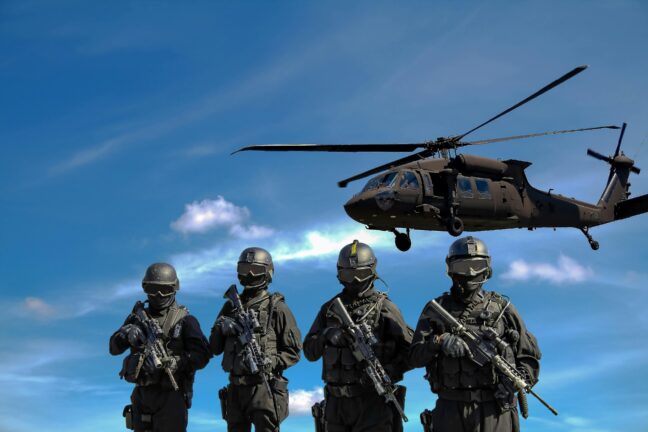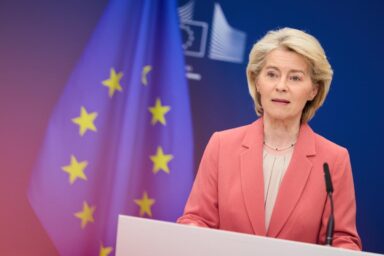Brussels seeks to turn years of defence coordination into specific projects that strengthen Europe’s military readiness. Launched in September, the fourth cycle of the Coordinated Annual Review on Defence (CARD) is to run its course next spring. Bilateral meetings are already underway and, according to an EU Perspectives expert source, the process is going reasonably well.
Member states “are responding positively” to the current CARD cycle, which puts a sharper focus on capability development. A European Defence Agency expert told EU Perspectives that “Belgium, Ireland, Luxembourg, and Spain have already completed their consultations.” The source spoke on condition of anonymity. The cycle is to finish by next spring.
The fourth cycle puts a sharper focus on capability development. The bilateral talks are now identifying major projects of common EU interest, feeding directly into EU funding tools. This is to help deliver on the European Council conclusions and the Defence Readiness White Paper. “There’s a clear willingness to link national plans with collective EU priorities,” the EDA expert said.
Sharper focus but balancing interests
CARD is the EU’s consultation process that looks at the defence plans of all 27 member states; it tracks how they are implementing EU capability development priorities, monitors defence spending and trends, and highlights opportunities for cooperation — always in coherence with NATO. The review produces two key outputs: an aggregated analysis offering a snapshot of Europe’s defence posture, and the CARD Report, which points the way forward through concrete recommendations and new collaborative opportunities for defence ministers to consider.
Cooperation depends on finding the right balance of operational, financial, industrial, and political interests. It may be challenging. — European Defence Agency expert
Success will depend on member states’ willingness to cooperate across political and industrial lines. “Cooperation depends on finding the right balance of operational, financial, industrial, and political interests. It may be challenging,” the EDA expert cautioned.
“The appetite for cooperation usually depends on operational requirements, financial impact, industrial capacity, and political will. Striking the right balance between all these elements is the prerequisite for effective and successful cooperation,” the source pointed out. Europe’s security environment grows more unpredictable. CARD’s ability to translate analysis into joint action may determine whether the EU can finally move from coordination to capability.
You might be interested
Waiting for spring 2026
All bilateral meetings and data collection should be wrapped up by spring 2026. The European Defence Agency (EDA) is to present an update at its Ministerial Steering Board on December 1, 2025. Before the following board in May 2026, defence ministers will receive a full “State of Defence in Europe” overview through the aggregated analysis, presented alongside the European Defence Data Report.
Between May and November, the EDA will refine collaborative opportunities with capitals, leading up to the publication of the final CARD Report, expected in November 2026. By then, the European Defence Investment Programme (EDIP) and the designation of European Defence Projects of Common Interest should also be operational — a key framework in which CARD’s recommendations are expected to play a direct role.











